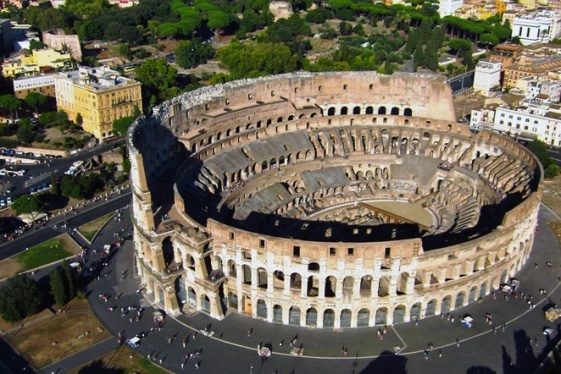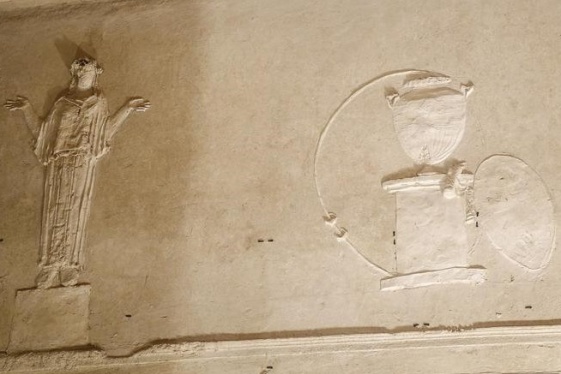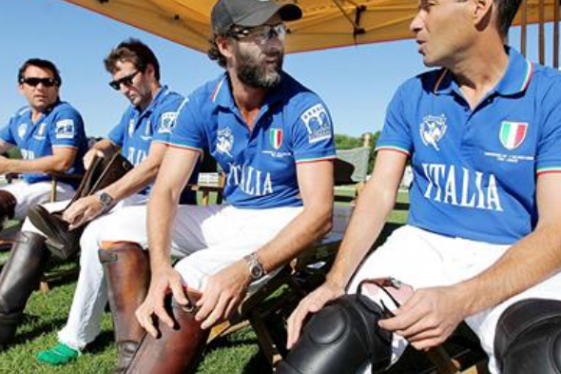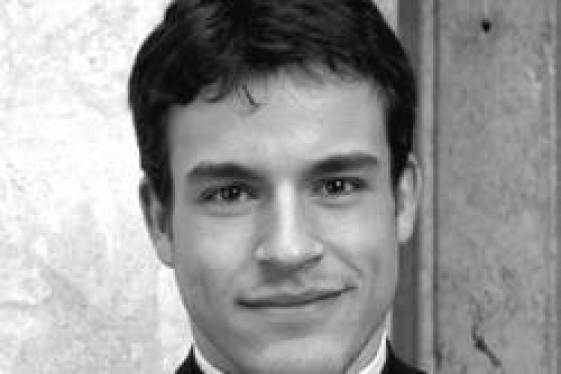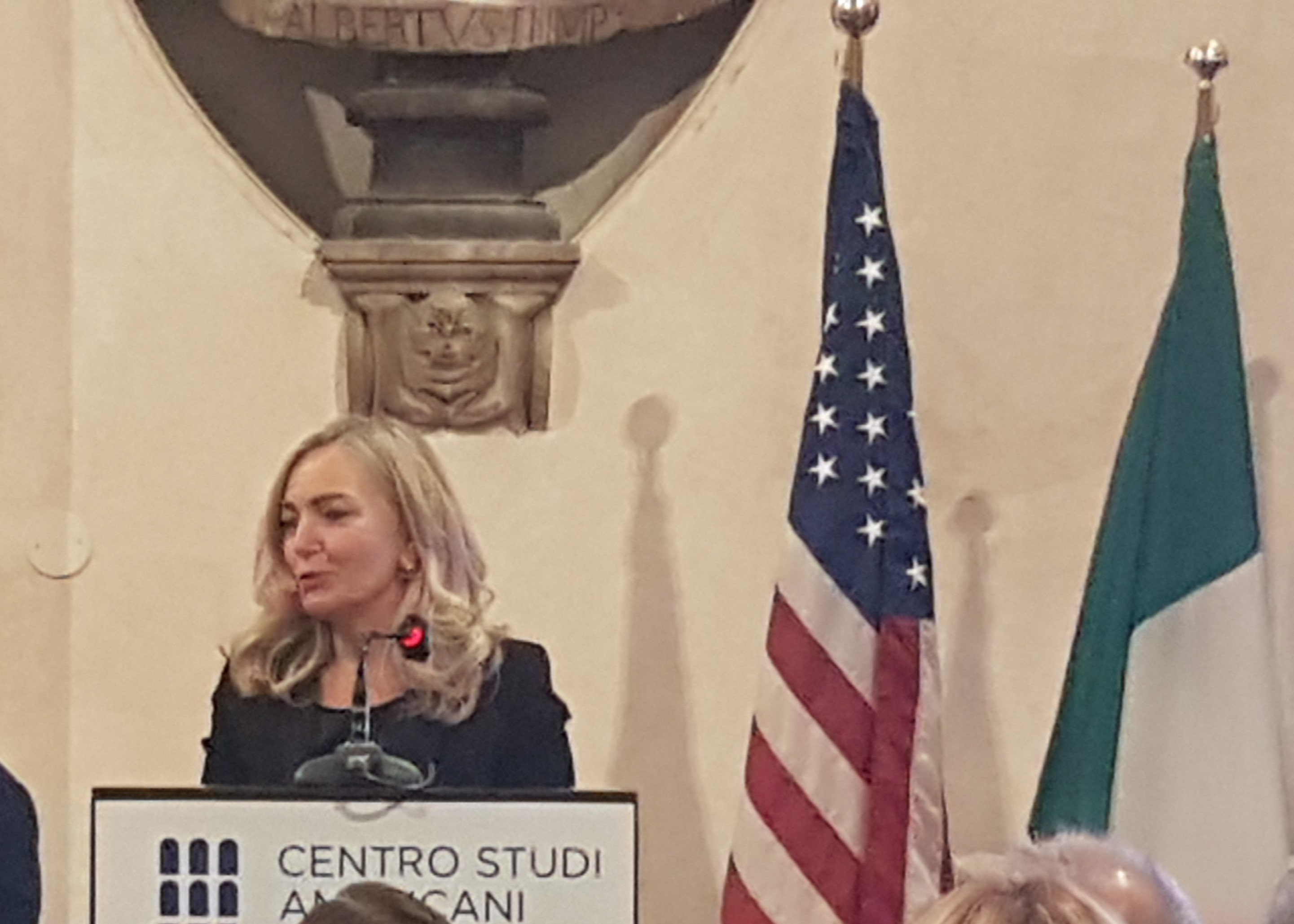

The Italian Ambassador to the United States, Mariangela Zappia, participated in the launch of the "Transatlantic Investment Committee", a platform dedicated to industrial, scientific-technological and entrepreneurial collaboration between Italy and the USA, speaking at an event organized by the Amerigo Association, in collaboration with the Centro Studi Americani, the American Chamber of Commerce and Federmanager.
"The United States is our main extra-EU partner, generating more than 50% of the total national surplus with foreign countries," noted Amb. Zappia. She then emphasized the growth of our exports to the U.S. (+5%) compared to pre-pandemic levels and the growing interest in reciprocal investments, pointing out that "start-ups are flourishing and for this reason we are creating an Italian Innovation and Culture Hub in San Francisco".
Describing "a very positive picture, in which there are, however, margins for improvement", Amb. Zappia underlined the epochal changes in progress, from climate change to the trends of "near shoring" to the impact of new technologies on logistics and marketing, pointing out the need to focus strategically, and with a multidisciplinary approach, on Italy-US collaboration to govern the transition underway. "An approach perfectly in line with the goal of the Transatlantic Investment Committee" (TIC), she noted, enthusiastically welcoming the initiative and offering to host in Washington DC the presentation of the report planned for 2022.
The event was opened by Luigi Di Maio, Italian Minister of Foreign Affairs and International Cooperation. Prefect Roberto Sgalla, director of the Center for American Studies, and the Chargé d'Affaires of the US Embassy in Rome, Thomas Smitham, also spoke at the opening. The TIC initiative was introduced by Andrea Gumina, President of Amerigo, and Angela Natale, President of Boeing Italy and Board Member of AmCham Italy, the American Chamber of Commerce in Italy.
The works were divided into two panels, with business, institutional and scientific community representatives.
You may be interested
-
Exciting Palatine. Interview with Clementina...
You can tell she fills with excitement when she has the chance to show an important archae...
-
Italian Open's History and Records: A tale o...
For Italians, and Romans in particular, the Open is not just a tennis tournament where cha...
-
'Basilica of Mysteries' reborn in Rome
The so-called 'Basilica of the Mysteries' has been reborn in Rome. The basilica, one of th...
-
'Carbonara Day' celebrates famous pasta dish
On Friday, April 6, the world will celebrate "Carbonara Day", an occasion launched by the...
-
'Gladiators' bring Roman flavor to R.I. polo
As thousands of sharply dressed spectators converged on the turf of Newport International...
-
'Hot priests' grace Rome's calendar
It is officially called the Calendario Romano, or Roman Calendar. But on the streets of Ro...
-
'No one should be left behind': Italian teen...
A 15-year-old boy, known as Simone, has become an overnight internet sensation after stand...



